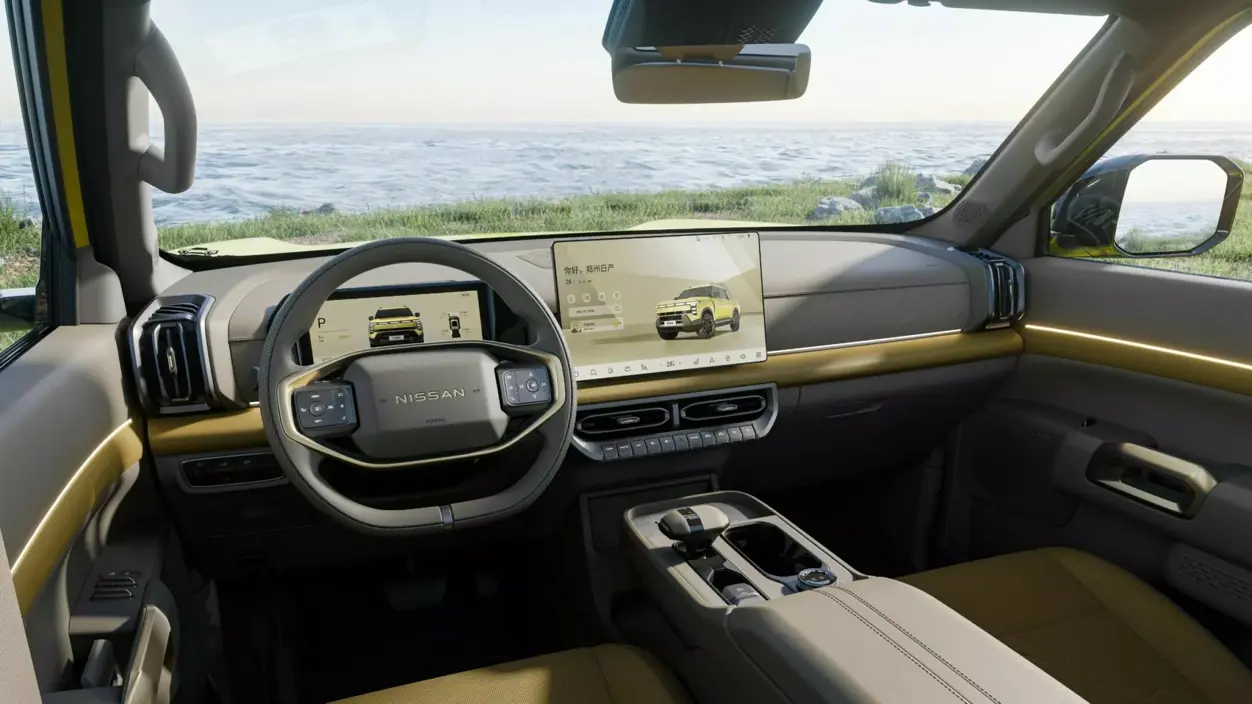- Honda and Nissan are in talks to co-develop shared base software for advanced vehicle control systems.
- The jointly developed software is expected to power production models launching in the latter half of the decade.
- Both brands are also exploring cooperation on EV components, pickup truck supply, and more.
Honda and Nissan are edging closer to a tech alliance that could reshape their future fleets, with talks underway to co-develop a shared base software platform for next-generation vehicle control systems.
The goal is to reportedly close the widening gap between Japan’s auto heavyweights and their faster-moving US and Chinese counterparts in the race toward software-defined vehicles (SDVs).
Two heads, one chip?

According to sources familiar with the matter, both carmakers are eyeing the latter half of this decade to debut vehicles powered by the shared software architecture.
The plan: pool resources to manage the vast data demands of SDV development while slashing costs and speeding up production cycles
The urgency is clear. Tesla and several Chinese brands are already setting the pace in the SDV game, while Toyota and Mazda are also considering software collaboration. With the playing field shifting from hardware to code, lagging behind is no longer an option.
Not their first rodeo

This isn’t Honda and Nissan’s first attempt at collaboration, either. Earlier this year, the two ended discussions over a potential merger after Nissan declined a full buyout proposal from Honda. Still, the door to cooperation remains open.
Alongside the software talks, Nissan is reportedly close to supplying Honda with US-built pickup trucks - another potential cross-brand handshake. The duo is also weighing joint efforts on EV components like chips and motors, as well as battery charging services.
Same road, different lanes?
Despite the partnership talks, Honda still plans to roll out next-gen EVs using its in-house software starting in 2026.
Whether the proposed shared system will replace, supplement or run parallel to this internal platform remains unclear.
Neither brand has publicly confirmed the scope, timeline, or technical specifics of the software partnership at the time of publishing.





